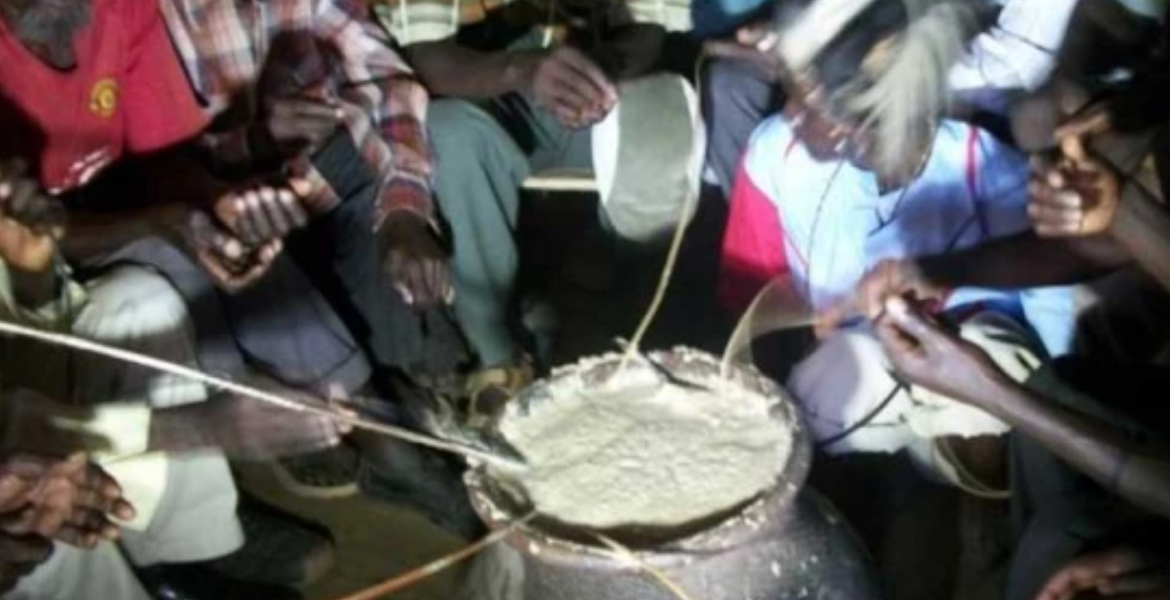Why Busaa, Muratina, and Mnazi May Soon Be Legally Available in Kenya

The proposed Alcoholic Drinks Control (Amendment) Bill, 2024 aims to allow Kenyan brewers to sell traditional alcoholic drinks like mnazi, busaa, and muratina without the need for a license.
This proposed amendment to the Alcoholic Drinks Control Act of 2010 recognizes the deep cultural significance of these traditional brews in various Kenyan communities. Nominated Senator Raphael Chimera argues that these beverages have been an integral part of important cultural rites and ceremonies for generations, including dowry negotiations, circumcision rituals, elder council initiations, family reconciliations, and land blessing ceremonies. By removing the licensing requirement for these drinks, the bill seeks to acknowledge their role in preserving cultural heritage and to eliminate what the senator views as discriminatory regulation.
The proposed legislation defines traditional alcoholic drinks as those produced using locally sourced ingredients and indigenous methods. It aims to amend Section 7(1) of the current Act, which mandates licensing for the manufacture, sale, import, and export of all alcoholic beverages. The amendment would create an exception for traditional brews, allowing their production and sale without the need for a license. In addition to addressing licensing issues, the bill also proposes changes to alcohol packaging regulations. It suggests increasing the minimum packaging quantity from 250 milliliters to 750 milliliters for all alcoholic drinks. This change would affect the entire alcohol industry, not just traditional brews.
Supporters of the bill argue that it will help preserve cultural practices and provide economic opportunities for small-scale brewers who have struggled under the current licensing regime. These traditional drinks are deeply woven into the social fabric of many Kenyan communities, playing crucial roles in weddings, funerals, and other communal gatherings. However, the proposal has also faced criticism from those concerned about potential public health risks. Critics worry that removing licensing requirements could lead to an increase in the production of unsafe brews, potentially exacerbating existing problems with illicit alcohol consumption.
The National Authority for the Campaign Against Alcohol and Drug Abuse (NACADA) has previously highlighted the dangers associated with unregulated traditional brews. Senator Chimera has responded to these concerns by emphasizing that the bill includes provisions to ensure the safety and quality of traditional alcoholic drinks. He argues that the focus is on removing unnecessary bureaucratic obstacles while maintaining standards to protect consumers. The proposed legislation specifies that traditional brews should be produced using time-honored methods and locally available ingredients, which have been refined over generations.
The current Alcoholic Drinks Control Act, colloquially known as the Mututho Law, was enacted in 2010 to address the widespread consumption of illicit brews and regulate the alcohol industry in Kenya. It introduced stringent licensing requirements and penalties for non-compliance which have posed significant challenges for small-scale traditional brewers. The proposed amendments aim to strike a balance between necessary regulation and the preservation of cultural practices, ensuring that traditional brews can be produced, sold, and enjoyed within a legal framework.








Comments
These are traditional brews…
Permalink
These are traditional brews that the forefathers consumed before our history was whitewashed and everything African became bad. Africans. This is why they wanna sell airports to Indians because they’re just as corrupt.
Add new comment